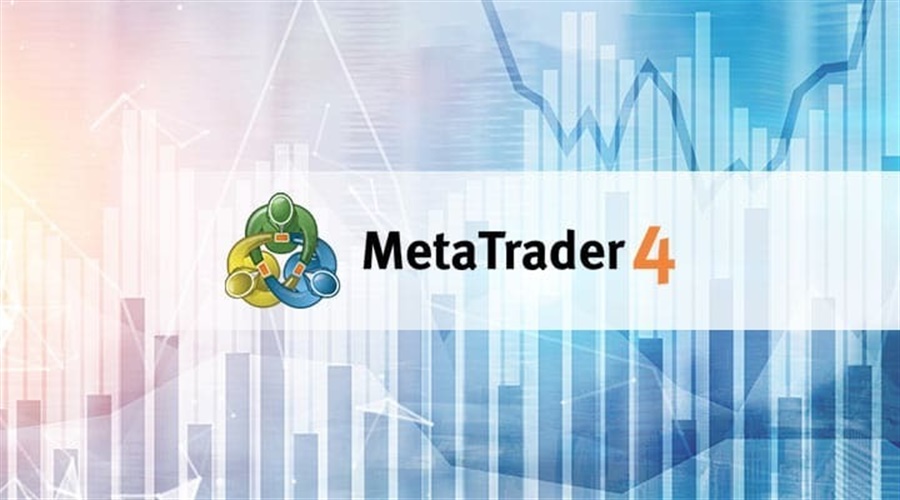Contracts for Difference (CFD) trading offers flexibility and potential for profit, but selecting the right broker is critical to your success. With countless CFD brokers available, it can be overwhelming to determine which one suits your trading goals. To help simplify your decision, this article highlights the key factors traders value most when comparing cfd broker.
1. Regulation and Trustworthiness
The first—and arguably the most important—consideration is regulation. Traders prefer brokers that are regulated by reputable financial authorities, such as the Financial Conduct Authority (FCA) in the UK, the Australian Securities and Investments Commission (ASIC), or the Cyprus Securities and Exchange Commission (CySEC). A regulated broker ensures your funds are secure, and your trading environment adheres to industry standards.
Unregulated brokers might offer tempting deals, but the risks are significant. Without robust oversight, your capital and personal information might be at risk.
Key Takeaway:
Look for brokers with clear and verifiable regulatory status. This information is typically displayed on their official websites.
2. Fees and Spreads
Trading costs directly impact profitability. These costs typically include spreads (the difference between the bid and ask price), commissions, and overnight holding fees (swap rates).
Traders value brokers with tight spreads, particularly for high-volume trades and popular instruments like forex pairs or indices. Additionally, brokers offering transparent fee structures—no hidden charges—are often preferred.
Example:
If two brokers offer EUR/USD spreads of 1 pip and 2 pips, the broker with the tighter spread saves you money on every transaction.
Pro Tip: Some brokers offer commission-free trading. However, ensure their spreads remain competitive.
3. Platform Performance and Tools
A reliable and feature-rich trading platform can make or break your experience. Most traders prioritize platforms that are intuitive, fast, and equipped with advanced tools such as charting features, indicators, and automated trading options.
Popular platforms like MetaTrader 4 (MT4) and MetaTrader 5 (MT5) dominate the market, with some brokers offering proprietary platforms tailored to specific trading styles.
Key Features to Look For:
• User-friendly interface
•
• Real-time data updates
•
• Mobile compatibility for trading on the go
•
4. Range of Tradable Assets
Versatility is critical. Traders often seek brokers that provide access to diverse asset classes—stocks, indices, commodities, cryptocurrencies, and forex. A broad range of assets allows traders to diversify their portfolios and seize opportunities across multiple markets.
Did You Know?
Some brokers specialize in certain asset classes, such as forex or crypto CFDs. Ensure the broker offers the specific instruments you plan to trade.
5. Customer Support and Educational Resources
Exceptional brokers stand out by offering responsive customer support across multiple channels (live chat, email, phone). Traders, particularly beginners, benefit from brokers that also provide educational resources, such as webinars, tutorials, and demo accounts.
Tip:
Test the broker’s response time by submitting a support inquiry before opening your account.
Final Thoughts
Selecting a CFD broker comes down to assessing factors that align with your trading strategy and risk appetite. Prioritize regulation, competitive fees, platform reliability, asset diversity, and strong customer support for a seamless trading experience.
Before opening an account, experiment with different brokers through their demo accounts to evaluate which one feels right for your needs. After all, the right broker should empower you to focus on what truly matters—trading your best.



